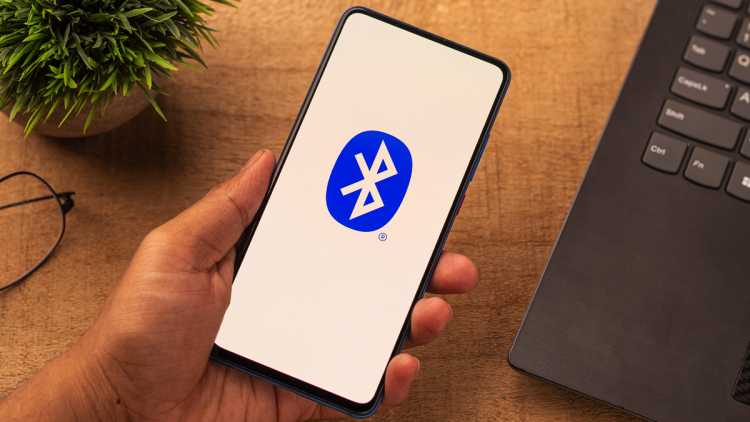After several years of work, the Bluetooth Special Interests Group (SIG) says that it’s finalized Bluetooth LE Audio. This is a major upgrade for Bluetooth audio that adds a slew of new features, including a simple solution to whole-home audio.
Note: Bluetooth LE Audio is not the same as Bluetooth Low Energy. As the name implies, this new standard focuses on audio applications. The older Bluetooth Low Energy centers more around power consumption, especially in small devices like smartwatches and medical trackers.
The new Bluetooth LE Audio standard includes dozens of specifications, most notably the new LC3 codec (which should supplant SBC). This codec increases audio quality across the board, even at the low bitrates used to conserve battery life in hearing aids, headsets, and other products.
But the new Auracast system may be the most exciting part of Bluetooth LE Audio. Auracast lets you broadcast Bluetooth to multiple audio devices simultaneously, allowing you to pair several headsets with a TV, for example, or turn generic Bluetooth speakers into a whole-home audio system.
Searching for “Auracast Broadcasts” should be easy—the Bluetooth SIG says it’s like searching for Wi-Fi networks. You can place passcodes on these broadcasts, or even share them with a QR code. Auracast should also grand some behind-the-scenes improvements to Bluetooth, like reduced latency when using Google Assistant with earbuds.
Everyone will enjoy Bluetooth LE Audio’s unique features. But those who are hard of hearing may see the most tangible benefit. Both the LC3 codec and Auracast Broadcasts present a unique opportunity to improve the quality, battery life, and price of hearing aids. It should also let users pair hearing aids with multiple devices simultaneously, like a game console (for game audio) and smartphone (for podcasts or YouTube videos).
There’s just one problem with this upgrade—you probably won’t experience Bluetooth LE Audio until you buy new devices. A handful of smartphones, TVs, and audio receivers may gain Bluetooth LE Audio through a software update, but the majority of products that customers use today will never support Bluetooth LE Audio.
Source: Bluetooth SIG via The Verge
Source by www.reviewgeek.com


























